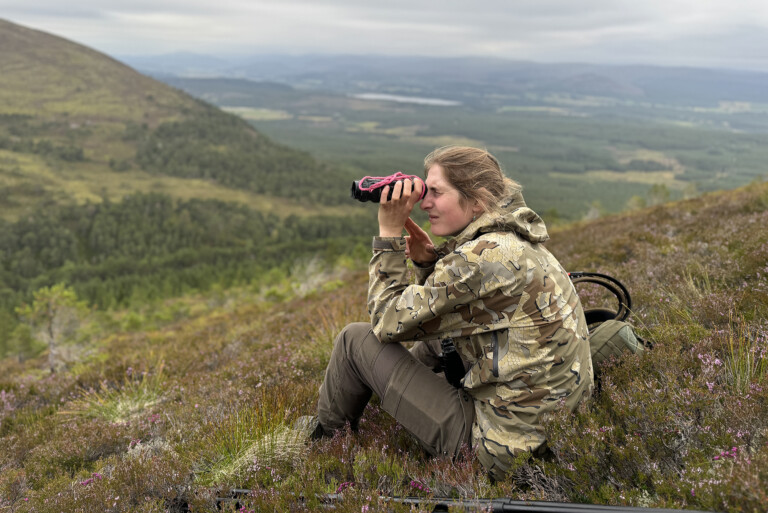National Marine Week
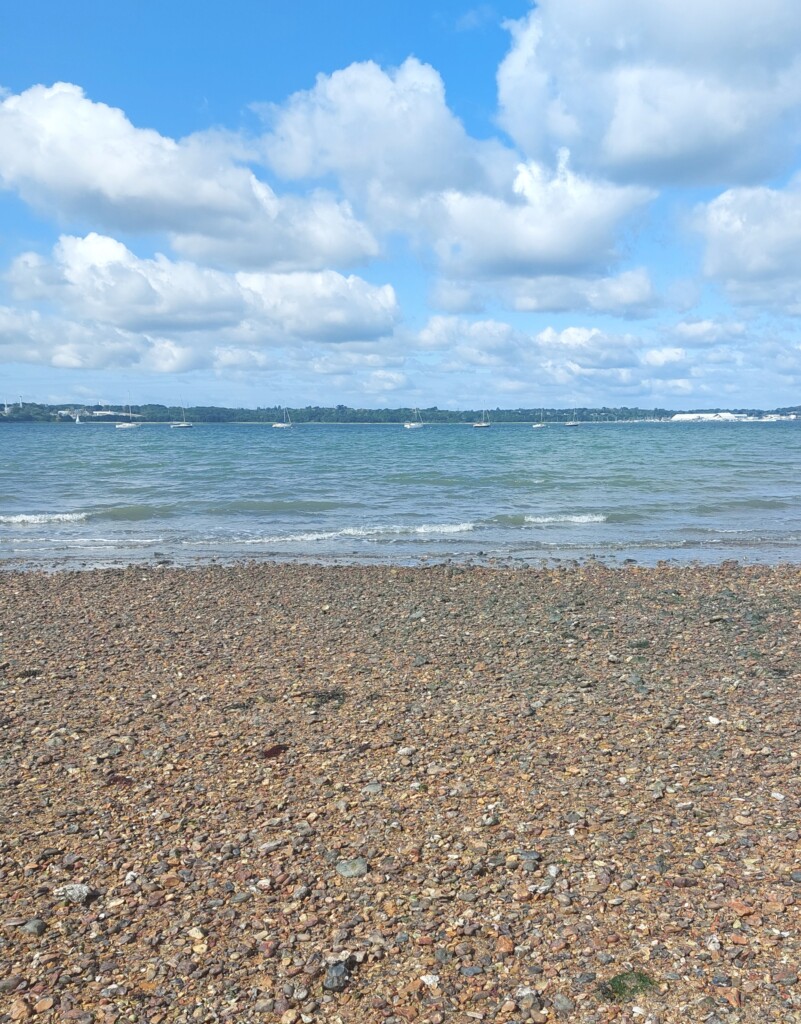
National Marine Week runs from 22nd July to 6th August in the UK. (Well, yes, it’s more like two weeks, but that gives us even longer to celebrate!).
Before we jump into the blog, take a moment to reflect… What’s your connection to the coast and the marine environment? Do you have a favourite marine species? Are you aware of the different career roles available which help to protect marine species? (Quick hint: they don’t all require working on a boat).
Read on to find out more about marine-themed Green Jobs for Nature. You will also find further resources to learn more about the marine environment.
Connecting with the marine environment
In July, staff from the Green Jobs for Nature team enjoyed spending a day away from what is usually desk-based work. We got involved in intertidal surveys with Hampshire and Isle of Wight Wildlife Trust (HIWWT) on a staff away day.
There was a lot to learn on the day about marine species and how wildlife surveys and citizen science help to conserve nature on the coasts.
Did you know that every other breath that you take is provided by the sea? [1]. Facts like these were provided by Emily and Caitlin, who work in Community Engagement roles at HIWWT and who were our guides for the day. Emily and Caitlin are also Marine Biologists — which goes to show that not all Marine Biologists work on boats!
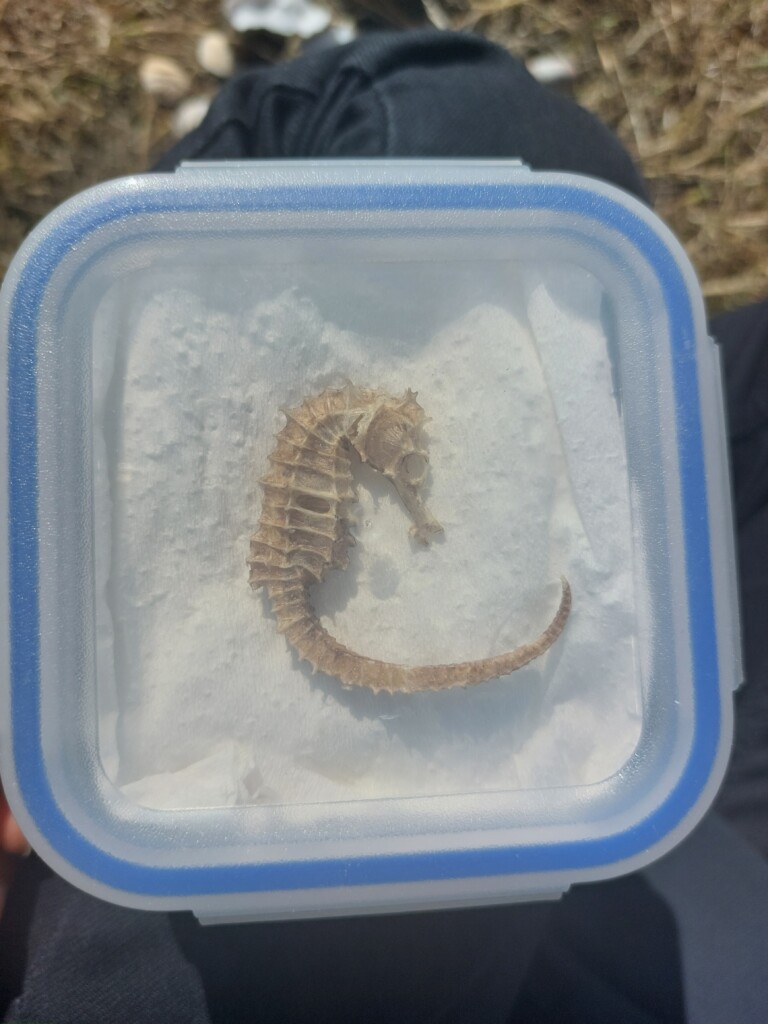
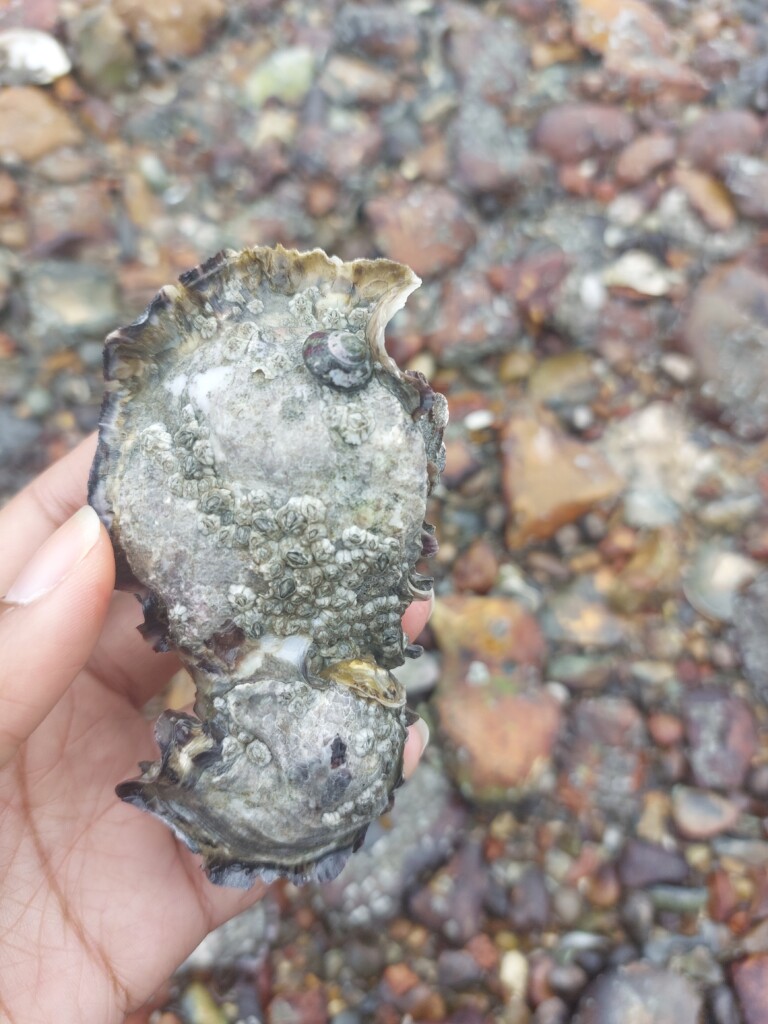
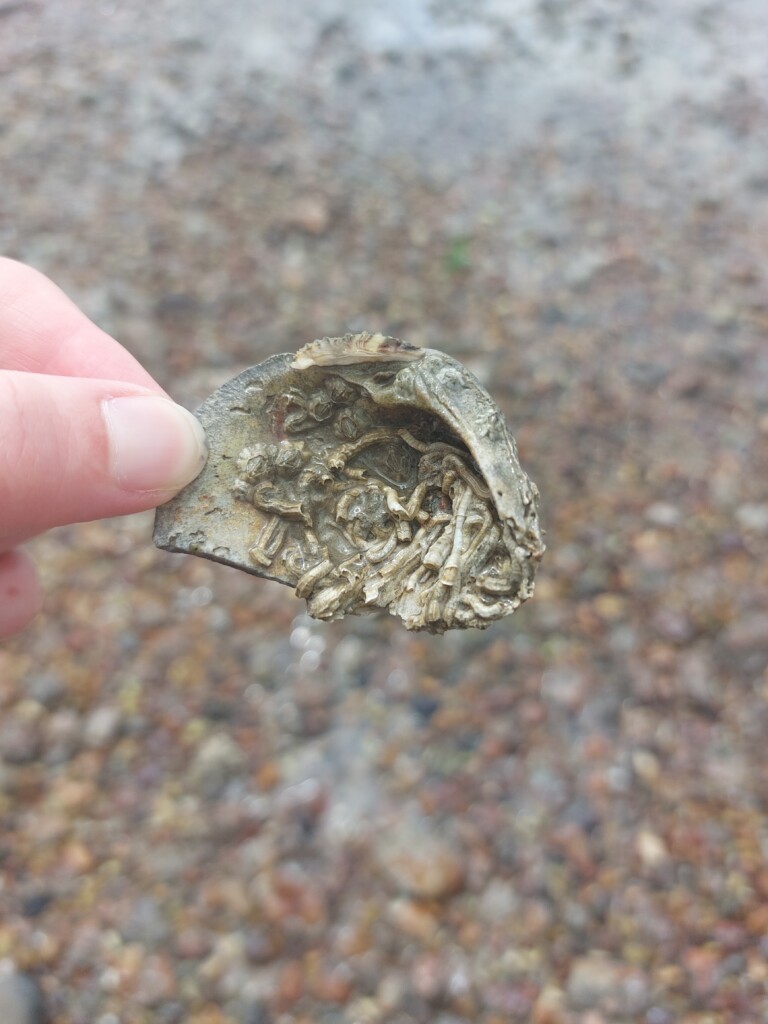
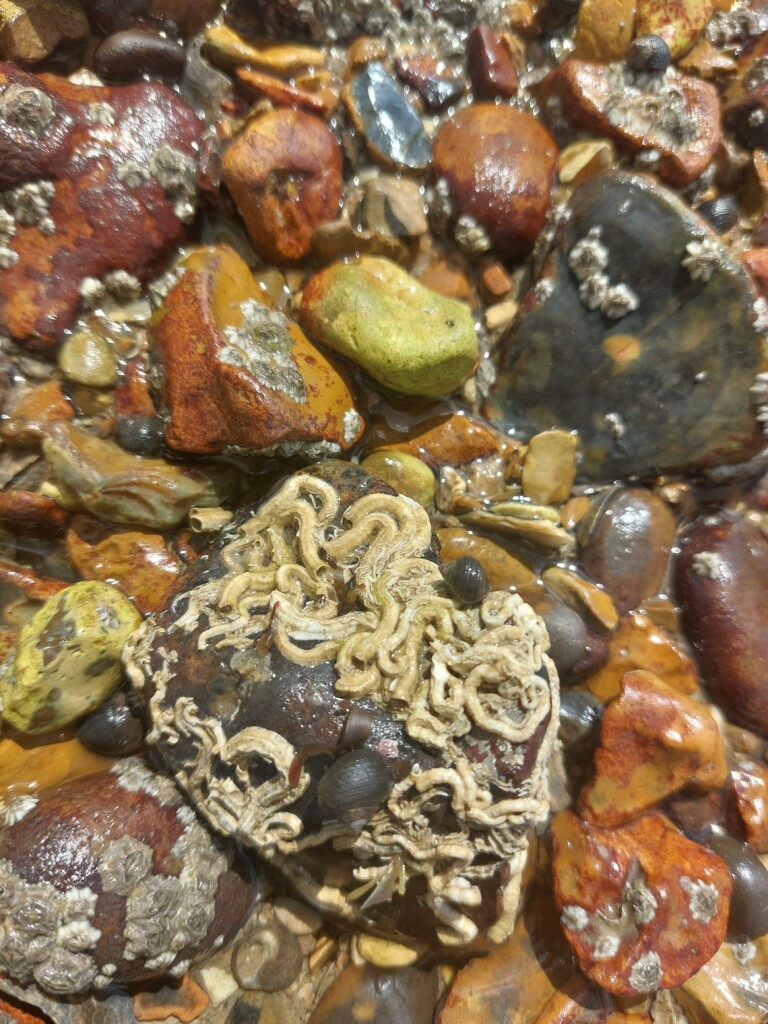
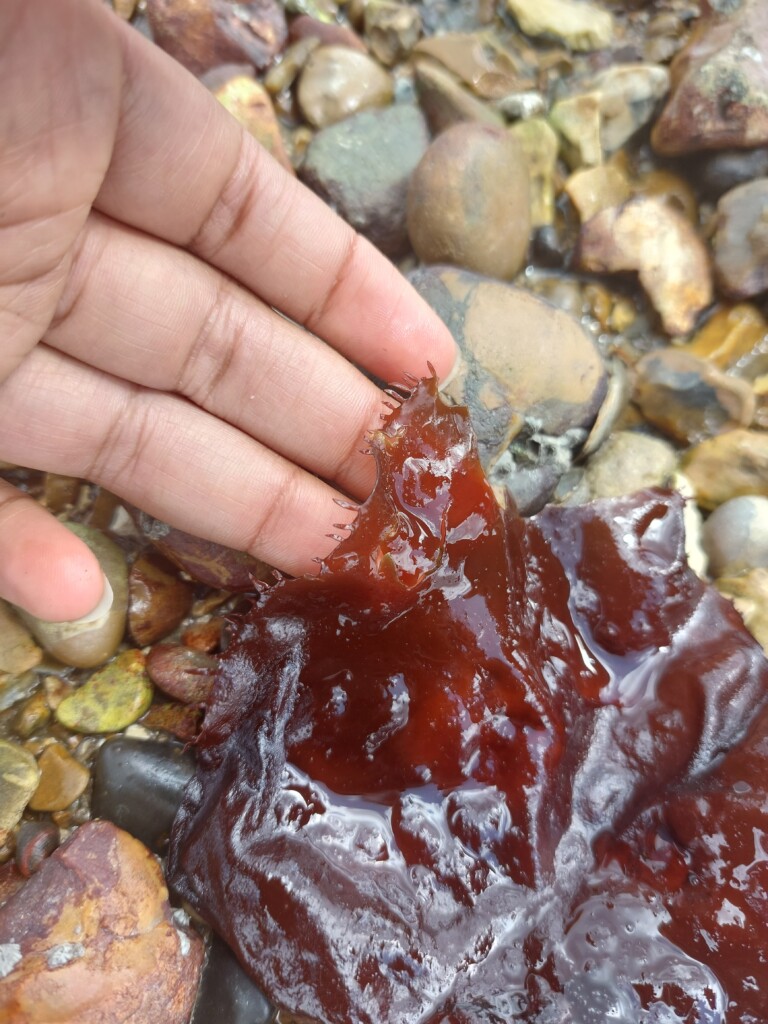
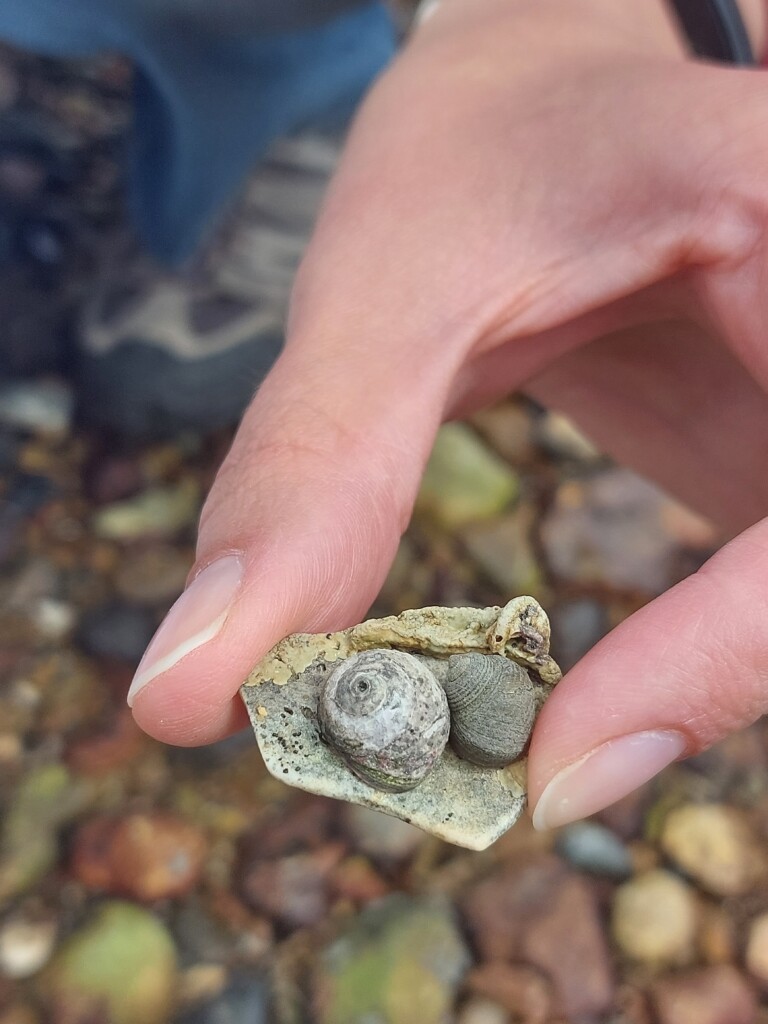
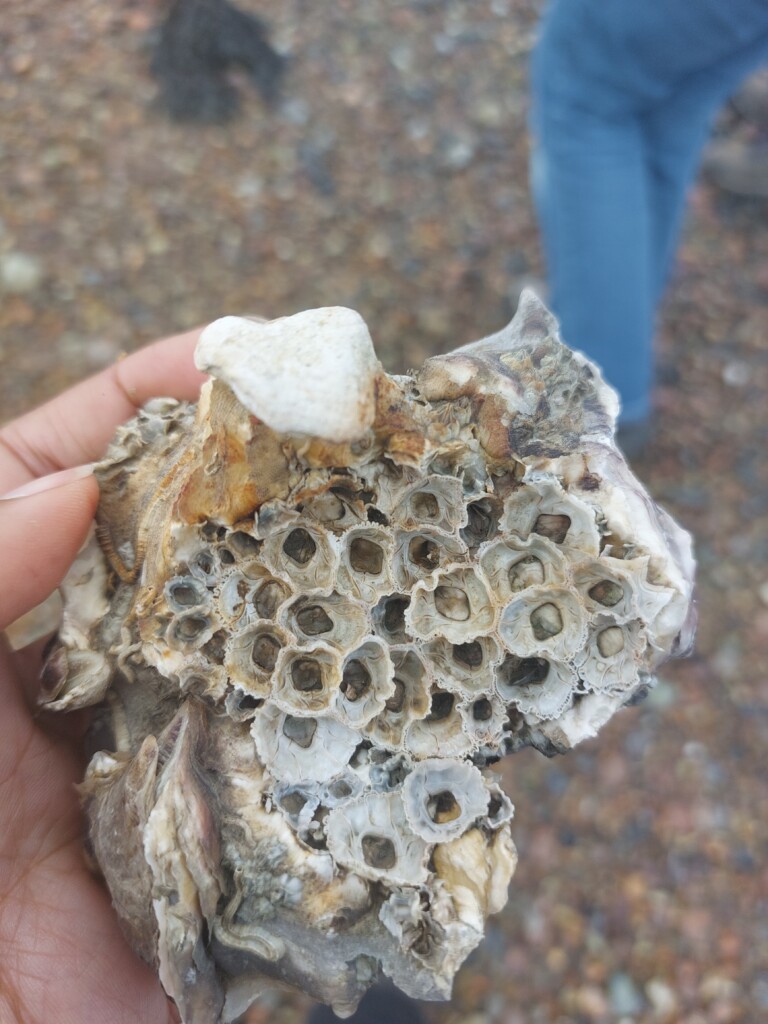
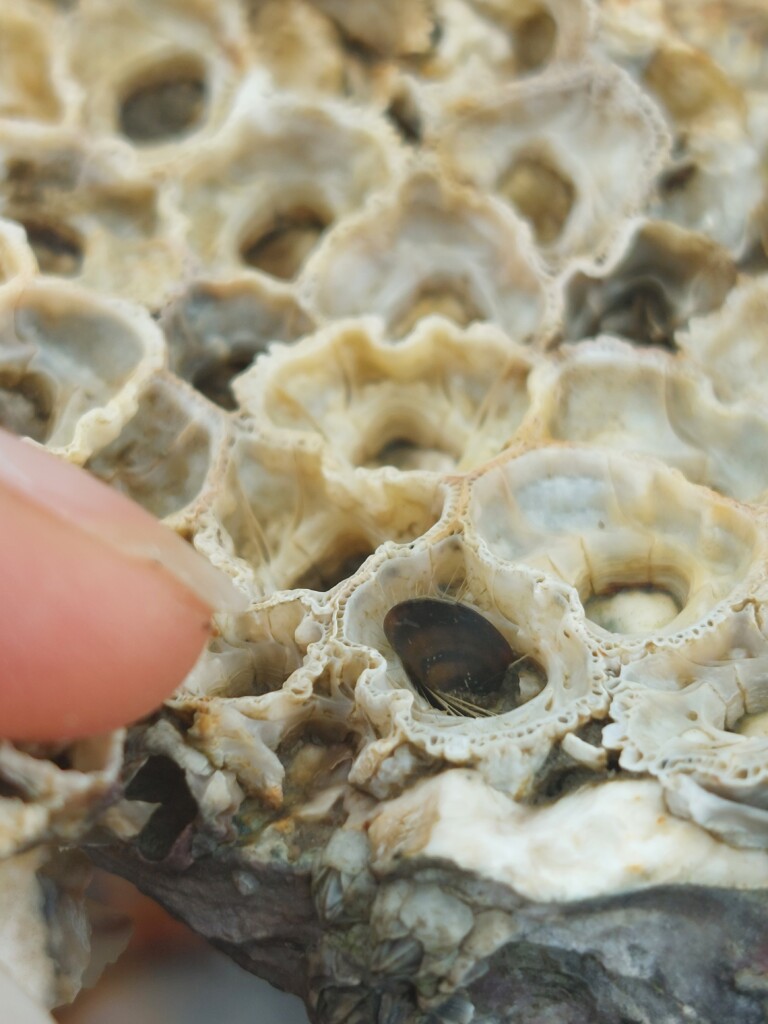
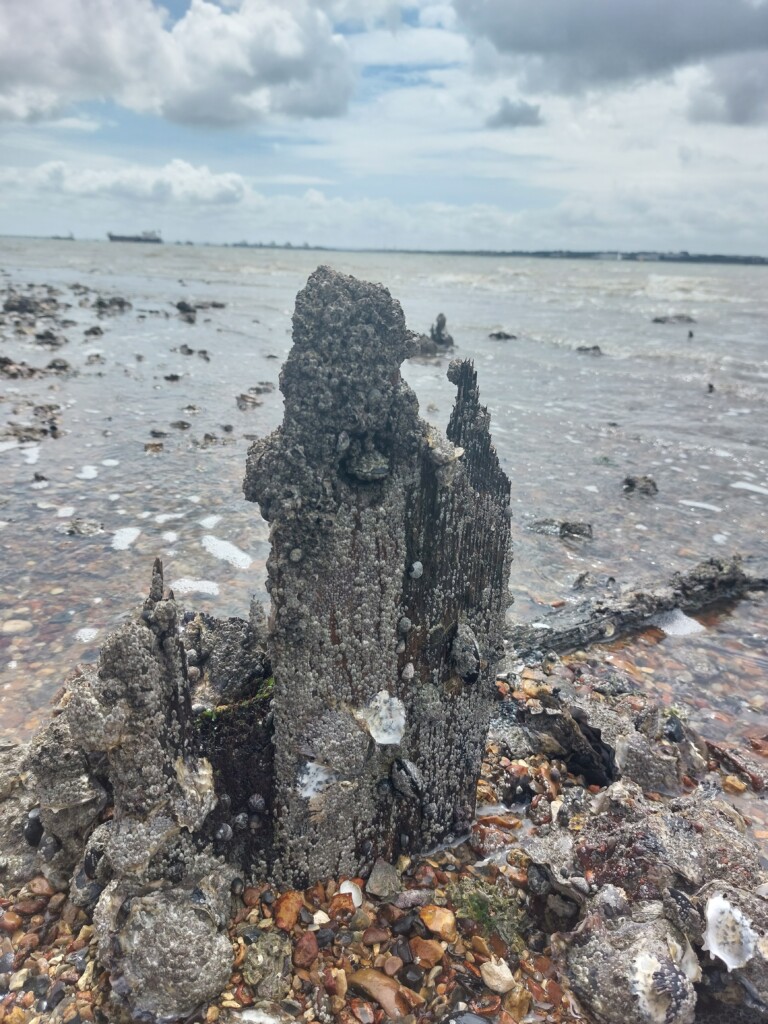
As a team, we used ID guides, books and survey sheets to help us identify the different species and then to record our findings.
For Emily and Caitlin, part of their job is about teaching people the importance of citizen science. They stressed the importance of closely observing the natural world around you. No matter what local habitat you are looking at, by looking closely, you can discover so many species that you would otherwise overlook.
Whether you live on the coast or in the middle of the country, you may find inspiration below from the range of roles in the marine environment. Alternatively, keep scrolling to find further reading and resources.
Marine-related career roles
Here on the Green Jobs for Nature website, we have a range of job profiles submitted by people working in a variety of green jobs, describing their roles and how they got into them. Click the links below to find examples of job profiles written by people with experience of working and training in the marine environment.
- Marine Ecologist
- Marine Sustainability Advisor
- Senior Marine Conservation Planner
- Senior Marine Mammal Consultant
- Ornithology Consultant, analysing marine mammal data
- Scotland Conservation Officer for a marine-related NGO
- Volunteer and Community Engagement Manager at a marine-related NGO
- Marine Biology graduates: working as a Senior Advisor with the Environment Agency, and as a Senior Flood Risk Advisor
Further information links
- Hampshire and Isle of Wight Wildlife Trust (HIWWT):
- Follow Emily and Caitlin and Hampshire and Isle of Wight Wildlife Trust on Instagram
- Learn more about HIWWT’s conservation work on the Solent Seascape Project and find out more about their Intertidal Surveys 🐚
- Job profiles and interviews:
- Find outlines of experiences of young marine conservationists (cleverly named ‘Generation Sea’) on The Wildlife Trust’s National Marine Week page
- Read a profile of Cumbria Wildlife Trust’s Head of Marine at the Countryside Jobs Service website
- Read an interview with South African conservationist Zandile Ndhlovu, founder of The Black Mermaid Foundation, who discusses the importance of diversity in marine conservation 🧜🏾♀️
- Discovering marine species
- Discover something new about a marine species that not everyone has heard about: how about a sea slug, seven-armed starfish, or an acorn barnacle? What you learn about marine species may surprise you… 👀
- Read about a special encounter with a beautiful rainbow sea slug — it may just become your new favourite species 🌈
- Get clued up on the Seashore Code if you wish to explore coastal habitats in a way which is respectful of marine life (and the law)
Get involved
Want to learn more about your local habitats, or get involved in citizen science near you? By gaining experience in surveys, you can build skills in identifying wildlife.
Look out for information on how to get involved in projects near you. Contact your nearest Wildlife Trust or your local authority if you are in the UK, as these are often responsible for managing land with natural habitats. Outside of the UK, find out who manages the pieces of land that you are interested in locally. They may have information on ways to get involved.
You don’t need to be an expert in a certain habitat to get your first job in a Green Job for Nature role, but demonstrating interest and curiosity can go a long way. For example, you can develop your interests by spending time outside, perhaps with local community groups that interest you. Also, consider using free online resources and apps such as iNaturalist to help you to identify species in nature as you go along.
Finally, enjoy National Marine Week and remember especially that marine conservation is not just about saving turtles in other countries! There are species and habitats in the UK and Ireland that people are working hard to conserve in a variety of important roles.
—
Footnotes:
[1] https://www.wildlifetrusts.org/blog/tom-hibbert/our-amazing-oceans#:~:text=every%20second%20breath
Follow our linktree to be updated on new posts!
Latest Blog Posts
An Information Session for Parents (25 June)

Sustainability, Science, and Social Media: Q&A With Laura Young

Midges, Grallochs and Sunrises: My Year as a Trainee Deer Stalker
